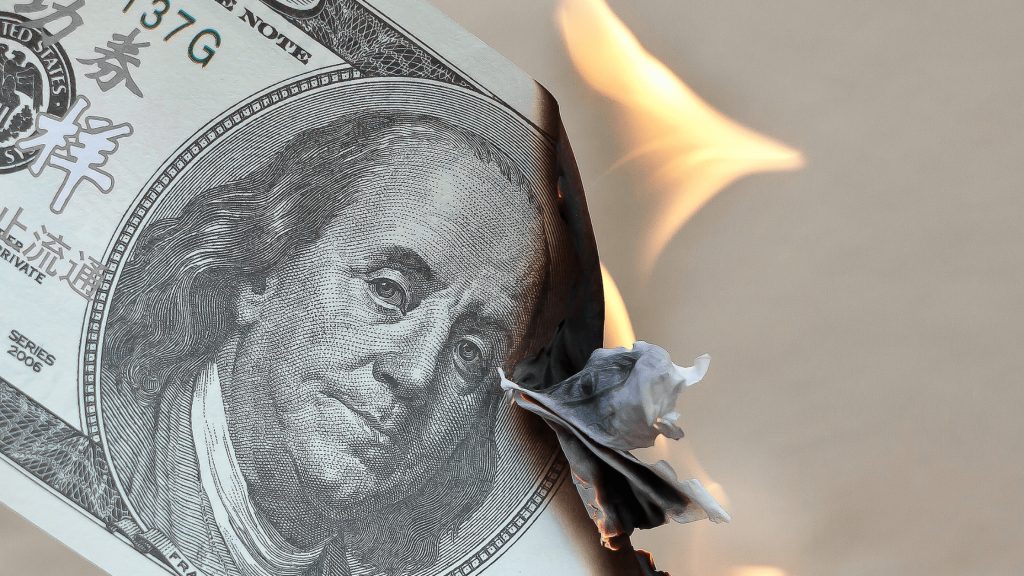Last month, the HNB revised its growth projections for this year, forecasting real GDP growth of 3.2%, down from its previous projection of 4.1%, on the assumption that the war in Ukraine does not last long and energy prices gradually return to normal.
The HNB estimates that inflation would average 5.4% in 2022, after reaching 2.6% in 2021.
The government recently also revised its growth forecast for 2022 from 4.4% to 3.0% and an inflation rate of 7.8%.
“At the moment consumption is still good. We haven’t seen it slow down. Inflation will continue to increase and this isn’t the peak yet. We are still waiting for April figures. What will happen later depends on the development of the war. However, the war has not had much of an impact on us as yet. Nevertheless, the longer it lasts the deeper the cumulative effects will be,” Vujčić said in his address to the conference of regional central bank governors, organised by the Lider business weekly.
He added that when inflation increases above 5.0% it starts to affect expectations and spreads among more and more groups of products. In Croatia we have witnessed an increased number of products whose price has increased by more than 5.0%, he said.
“We cannot make any real forecasts and everything depends on energy prices. However, the inflation has nothing to do with the adoption of the euro as legal tender, as other factors are affecting price trends more,” he said.
The regional bank governors talked about the repercussions of the conflict between Russia and Ukraine and the resolution of Sberbank, with Vujčić saying that even though Croatia is the youngest EU member state it managed to convince Brussels of a resolution plan outlining what should be done with subsidiary banks if the “mother bank goes into liquidation.”
“Sberbank turned out to be a good precedent for future cases in Europe and there will certainly be more,” Vujčić noted.
North Macedonia’s central bank governor Anita Angelovska Bezhoska said that Europe expects slower growth this year and next.
Bosnia and Herzegovina’s Senad Softić said that his country needs to revise some parameters due to the war and inflation but that the banking sector in Bosnia and Herzegovina is stable.
Slovenia’s central bank governor Boštjan Vasle said that the Slovenian economy grew faster than the European average due to its milder epidemiological restrictions during the pandemic. He said that the two main growth drivers were exports and increased consumption. “Our current forecast is not that optimistic, but consumption is still strong,” he added.
Adrović: Intensive preparations to introduce euro currency
The President of the Croatian Banking Association, Zdenko Adrović, said that Croatia is intensively preparing for the introduction of the euro.
“The threatening inflation and potentially increased interest rates raise new issues for monetary policies and banks. But that is not all because all this is happening when Croatia is intensively preparing to introduce the euro as legal tender. Banks have a huge role in the entire process and that is why it is the main issue this year,” Adrović said, adding that the time frame was too short.
“Croatia will become a state with the shortest deadline to introduce the euro since joining the ERM II mechanism.”
The good news is that prices in the country are already tightly connected with European prices, hence entry to the euro area is a logical economic and political choice for the country that is largely eurorised anyway, Adrović said.
For more, check out our politics section.










